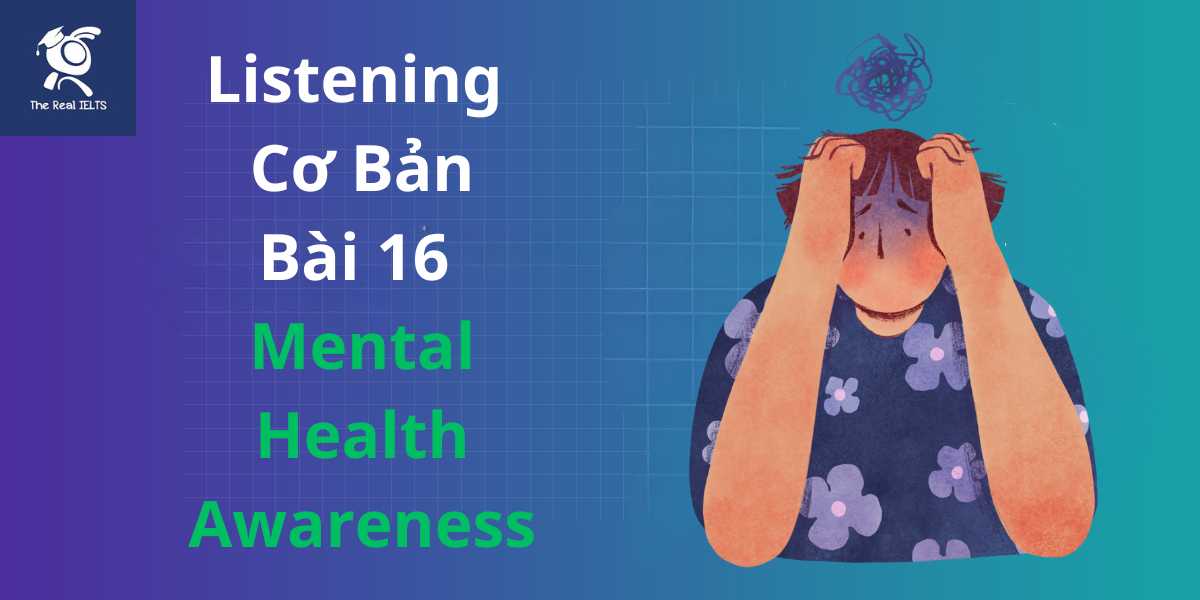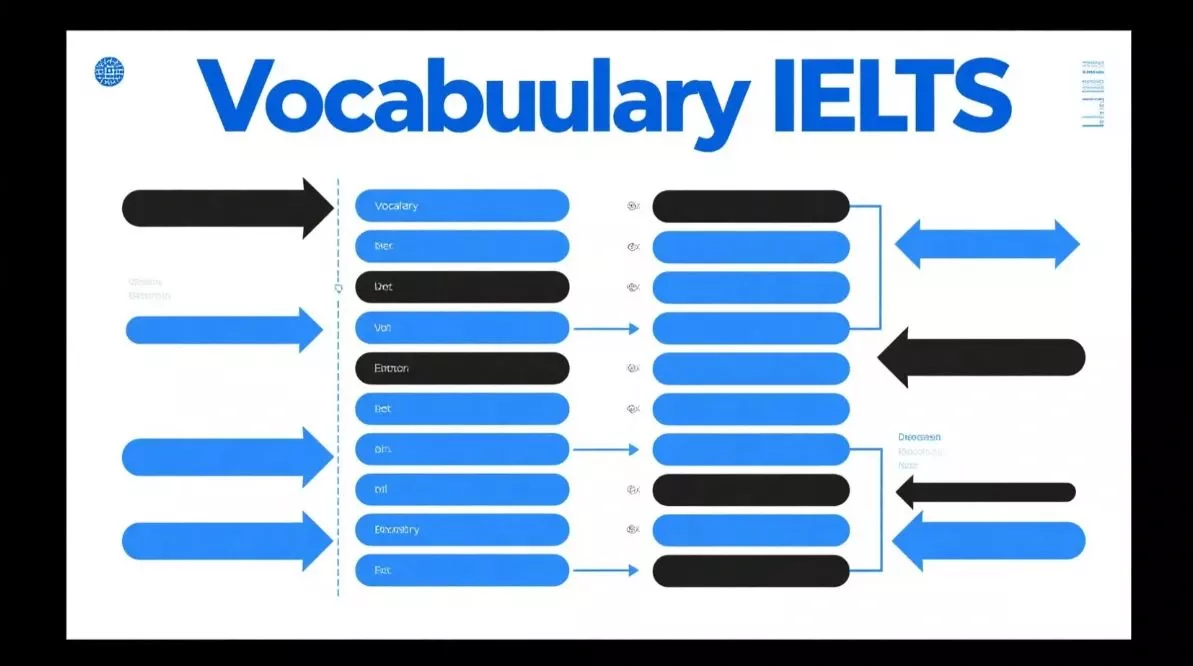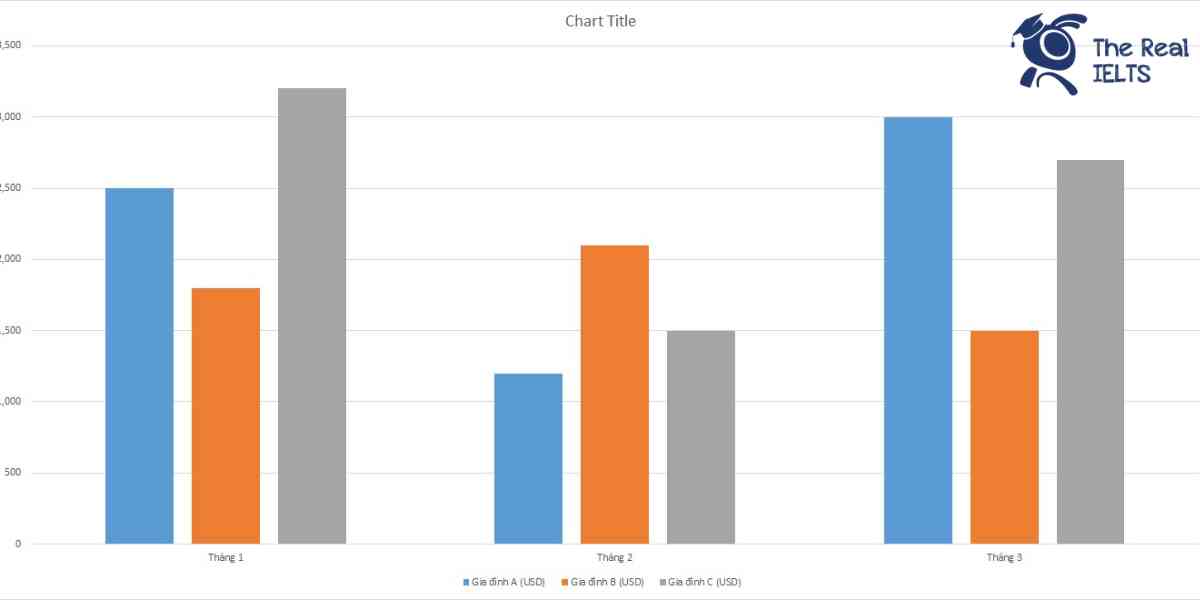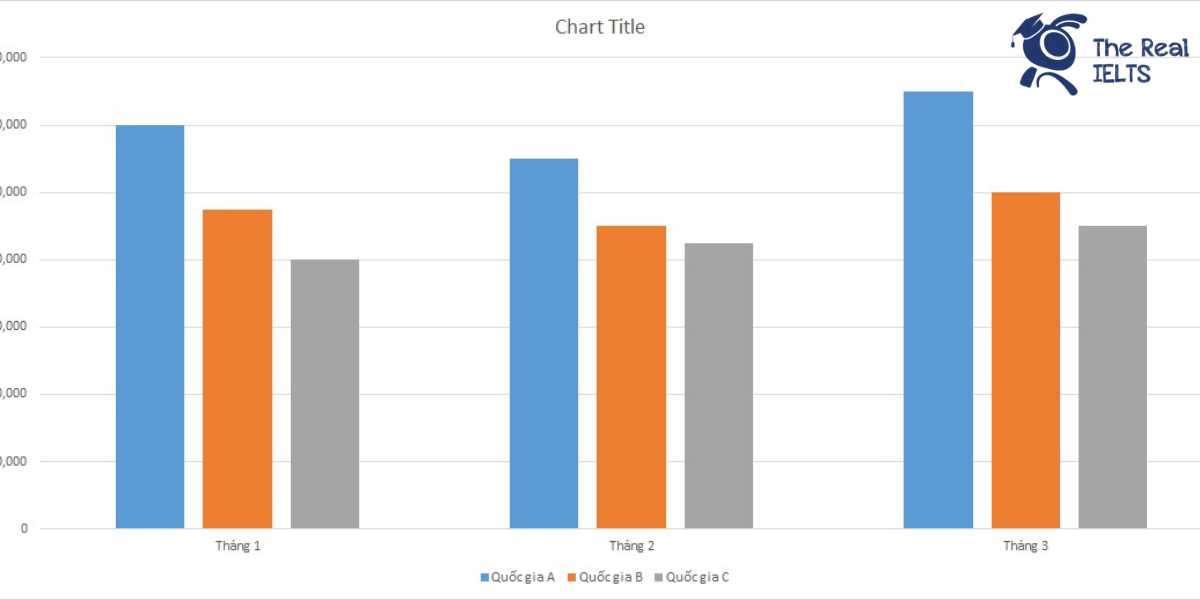Bài Listening trong phần luyện tập này có chủ đề Mental Health Awareness. Vẫn như nhiều bài tập khác. Các bạn hãy nghe đi nghe lại nhiều lần sau đó ghi chú lại những gì mình nghe được và tập trung nghe câu hỏi, trả lời sau cho đúng nhất có thể.
Bài Listening có 3 Section
Câu hỏi Mental Health Awareness
IELTS Listening Practice: Mental Health Awareness
Section 1: Introduction to Mental Health
Questions:
- What are the three aspects of well-being that mental health includes?
- At what stages of life is mental health important?
- Name two factors that can contribute to mental health problems.
Section 2: Common Mental Health Disorders
Questions:
- List four common mental health disorders mentioned.
- What are the symptoms of depression?
- Describe what characterizes bipolar disorder.
Section 3: Addressing Mental Health Issues
Questions:
- What are the components of a multi-faceted approach to addressing mental health issues?
- What is Cognitive Behavioral Therapy (CBT)?
- How can lifestyle changes impact mental health?
Section 4: Mental Health Awareness Campaigns
Questions:
- What are the goals of mental health awareness campaigns?
- How is social media used in these campaigns?
- Name three well-known mental health awareness campaigns mentioned.
Script bài nghe sau khi đã nghe kỹ
Section 1: Introduction to Mental Health
Audio Script:
Narrator:
Good morning, everyone. Today, we’re going to talk about an important topic: mental health awareness. Mental health refers to our emotional, psychological, and social well-being. It affects how we think, feel, and act. It also helps determine how we handle stress, relate to others, and make choices. Mental health is important at every stage of life, from childhood and adolescence through adulthood. Over the course of your life, if you experience mental health problems, your thinking, mood, and behavior could be affected. Many factors contribute to mental health problems, including biological factors, such as genes or brain chemistry, life experiences, such as trauma or abuse, and family history of mental health problems.
Section 2: Common Mental Health Disorders
Audio Script:
Narrator:
There are several common mental health disorders that people may experience. Some of the most prevalent ones include depression, anxiety disorders, bipolar disorder, and schizophrenia. Depression is characterized by persistent sadness and a lack of interest or pleasure in previously rewarding or enjoyable activities. Anxiety disorders involve excessive fear or worry. Bipolar disorder is marked by extreme mood swings that include emotional highs (mania or hypomania) and lows (depression). Schizophrenia is a severe mental disorder that affects how a person thinks, feels, and behaves, often leading to psychosis, which includes hallucinations or delusions
Section 3: Addressing Mental Health Issues
Audio Script:
Narrator:
Addressing mental health issues often requires a multi-faceted approach. Treatment can include medication, therapy, lifestyle changes, and support from family and friends. Medications can help manage symptoms, but they often work best when combined with psychotherapy, also known as talk therapy. Cognitive Behavioral Therapy (CBT) is a common type of psychotherapy that helps people identify and change negative thought patterns and behaviors. Additionally, maintaining a healthy lifestyle, such as regular exercise, a balanced diet, and adequate sleep, can significantly impact mental health. Support from family and friends also plays a crucial role in recovery and management of mental health issues.
Section 4: Mental Health Awareness Campaigns
Audio Script:
Narrator:
Mental health awareness campaigns aim to reduce stigma, promote understanding, and encourage people to seek help when needed. These campaigns often use various media platforms to reach a broad audience. Social media, in particular, has become a powerful tool for spreading awareness and connecting people with resources. Campaigns may include sharing personal stories, providing information about symptoms and treatments, and promoting mental health services. Some well-known mental health awareness campaigns include World Mental Health Day, Bell Let’s Talk, and the Time to Change campaign. These initiatives play a vital role in changing public perceptions and encouraging conversations about mental health.
Answer Key
Section 1:
- Emotional, psychological, and social well-being.
- At every stage of life, from childhood and adolescence through adulthood.
- Biological factors (genes or brain chemistry), life experiences (trauma or abuse), and family history of mental health problems.
Section 2:
- Depression, anxiety disorders, bipolar disorder, schizophrenia.
- Persistent sadness and a lack of interest or pleasure in previously rewarding or enjoyable activities.
- Extreme mood swings that include emotional highs (mania or hypomania) and lows (depression).
Section 3:
- Medication, therapy, lifestyle changes, support from family and friends.
- A common type of psychotherapy that helps people identify and change negative thought patterns and behaviors.
- Regular exercise, a balanced diet, and adequate sleep can significantly impact mental health.
Section 4:
- To reduce stigma, promote understanding, and encourage people to seek help when needed.
- By sharing personal stories, providing information about symptoms and treatments, and promoting mental health services.
- World Mental Health Day, Bell Let’s Talk, Time to Change campaign.
Đọc thêm bài cũ: Bài tập Listening 15: The Evolution of Technology.














